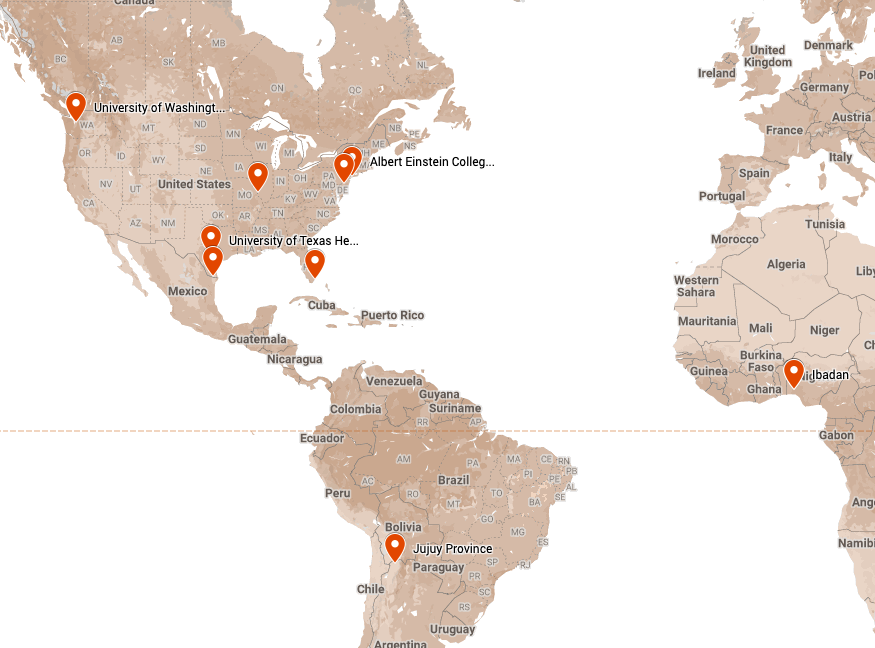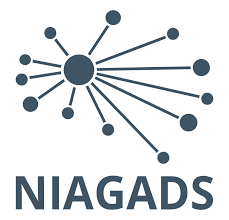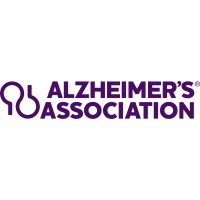Interactions of SARS-CoV-2 Infection and Genetic Variation on the Risk of Cognitive Decline and Alzheimer’s Disease in Ancestral and Admixed Populations (ISAVRAD)
- Funding provided by the National Institute on Aging under Grant No. 1U19AG076581-01A1, and the Alzheimer's Assocation. UT Health San Antonio IRB Number: 20210013HU.

How the Research Happens
The ISAVRAD Consortium explores how genetics affect brain health, focusing on diverse communities worldwide. The research is carried out by 5 Cores and 4 Projects.
Learn More Leadership5 Cores
- Administrative Core
- Clinical Core
- Neuroimaging Core
- Biomarker Core
- Data Management/Statistics Core
4 Projects
- Longitudinal Epidemiology of Cognitive Decline and Alzheimer’s Dementia after SARS-CoV-2 Infection
- Gene-Environment Interactions in Cognitive Decline and ADRD
- Neuroimaging Markers of COVID-19 and ADRD Progression
- Pathophysiological Insights and Prevention Strategies
Our Research Projects
Each ISAVRAD Project brings forth unique information about Brain Health.
Project 1: Longitudinal Epidemiology
Project 2: Gene x Environment Interactions
Project 3: Neuroimaging and Outcomes
Project 4: Behavioral Health Impacts

Where are Data Collected?
San Antonio and Laredo, Texas
Focus on recruiting individuals of Hispanic Mexican-American ancestry.
Bronx County, New York
Focus on recruiting 50% Hispanic Latinos (of Puerto Rican or Dominican Republic descent) and 50% African-Americans from the U.S. and the Caribbean.
King County, Washington State
Focus on recruiting ethnically Native-American participants.
Ibadan, Nigeria
Focus on recruiting Black Africans.
Jujuy, Argentina
Focus on recruiting Amerindians from the Central Andes mountains in the Province of Jujuy.
Who can enroll?
 1
1
Meet Age, Location Requirement
Over age 60, belonging to one of the studied ethnic groups at each site
 2
2
Confirmed PCR
Confirmed PCR evaluation for SARS-Cov-2 (either positive or negative) within first 2 years of pandemic.
 3
3
Or No History of COVID
If PCR was negative, having no history of COVID-19 symptoms in the first 2 years at their place of residence.

Leading the Charge
Discover the experts leading research on genetics and cognitive decline, with decades of global experience in diverse populations.

Dr. Gabriel de Erausquin
UT Health San Antonio

Dr. Sudha Seshadri
UT Health San Antonio

Ms. Mindy Katz
Albert Einstein College of Medicine

Dr. Tom Patterson
UT Health San Antonio

Dr. Gabriela Gonzalez Aleman
Universidad Católica Argentina
THANK YOU TO OUR FUNDERS AND PARTNERS




Contact us
Get Consortium Updates!
Learn about Data Releases
Get updates on study results

Ready to Work with ISAVRAD Data?

Working with ISAVRAD data is simple! Follow these steps and you'll be working with ISAVRAD data shortly!
RESEARCH
Copyright © 2025 ISAVRAD Consortium. All Rights Reserved
